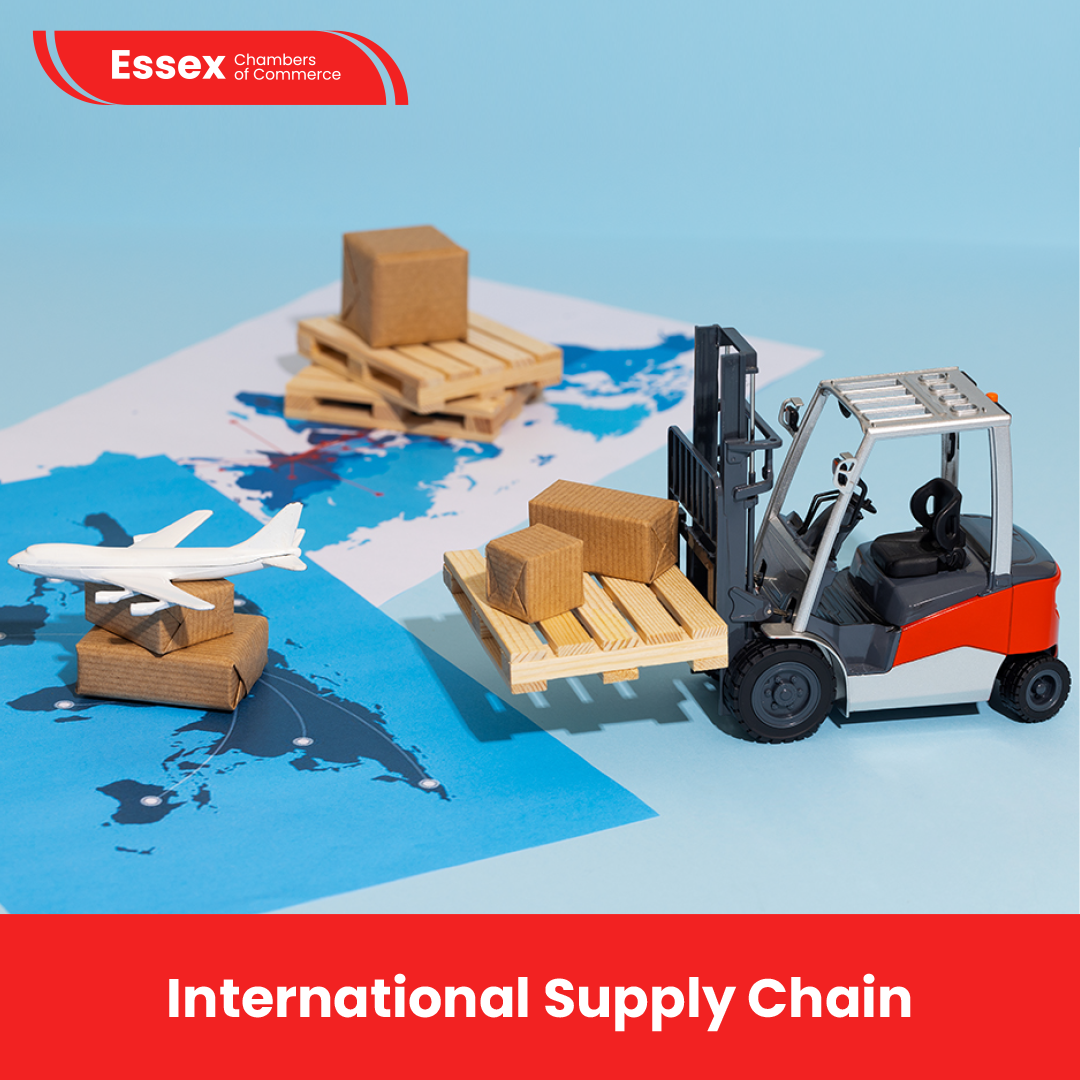
In today’s fast-changing global market, having a strong and flexible international supply chain is essential for success. Whether you’re sourcing materials, managing logistics, or exporting goods, knowing how to handle the complexities of global trade can make all the difference.
Why International Supply Chains Matter
Expanding your supply chain overseas brings opportunity, but also risk. Companies are balancing cost, speed, and resilience like never before. Disruptions such as port congestion, trade barriers, and rising costs have shown how important it is to build flexible, transparent, and sustainable supply networks.
Technology now plays a vital role too. Digital tracking tools, data analytics, and automation are helping businesses gain real-time visibility and make smarter decisions.
Key Areas to Focus On
A strong international supply chain doesn’t happen by chance — it’s built by focusing on the areas that matter most:
- Risk Management: Identify weak points, such as supplier dependency or customs delays, and build contingency plans.
- Inventory & Lead Times: Use forecasting tools to manage stock levels and avoid costly delays.
- Supplier Relationships: Work closely with suppliers and logistics partners to improve reliability.
- Sustainability: Ensure ethical sourcing and reduce environmental impact — it’s not just good practice, it’s good business.
- Technology: Invest in tools that provide visibility across your entire supply chain.
Preparing for the Future
No supply chain is free from disruption, but the best ones are built to adapt. Start by mapping your end-to-end process, identifying bottlenecks, and exploring where technology or training could enhance performance. Regularly reviewing your strategy helps you stay agile and ready for change.
Challenges to Prepare For
- Customs, tariffs & local regulations: Even with trade agreements, local rules can cause delays, extra costs, or rejections.
- Lead time volatility: Seasonal demand, supplier delays, or transport disruptions can throw off planning.
- Capacity constraints & congestion: Ports, shipping carriers, and inland logistics may lack capacity, especially during peak periods.
- Supplier risk & concentration: Relying on single sources or suppliers in high-risk regions can be dangerous.
- Cost inflation: Rising fuel, labour, and material costs — along with currency fluctuations — can quickly erode margins.
- Sustainability & ethical pressures: Consumers, investors, and regulators are increasingly pushing supply chains to be greener and fairer.
Learn More with Essex Chambers’ International Supply Chain Course
If you're keen to deepen your understanding and gain practical tools for improving your global operations, our upcoming International Supply Chain virtual course on 28 October 2025 is a golden opportunity:

- A half-day, virtual format makes it accessible from anywhere.
- The agenda covers key topics including supply chain structure, risk mitigation, inventory strategies, lead times, and supply chain models (lean, agile, hybrid).
- Designed for supply chain professionals, operations managers, logistics coordinators, procurement teams, or anyone involved in international trade.
- You’ll gain tools to optimise efficiency, reduce risk, and build resilience.
- Part of the Trade Expert Training Academy, it also contributes towards a broader qualification pathway.
Date: Tuesday 28 October 9.30am - 1.00pm 
Virtual: Zoom Platform
Cost to attend: Members £330.00 + VAT and Non-Members £375.00 + VAT





